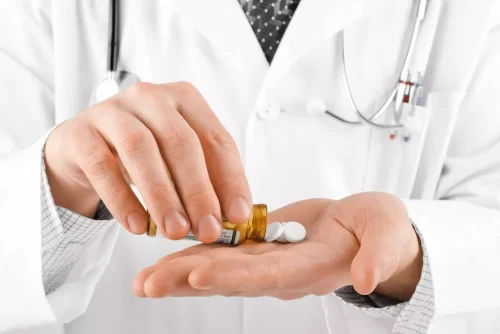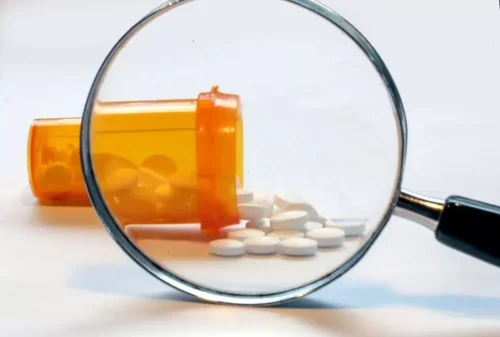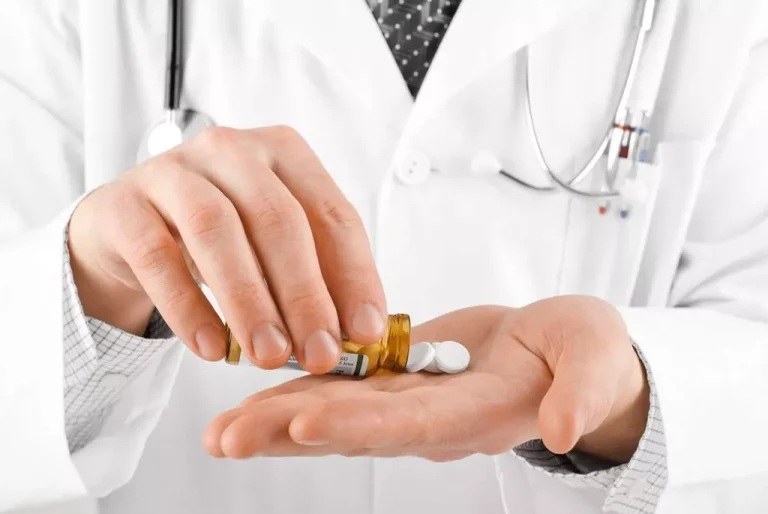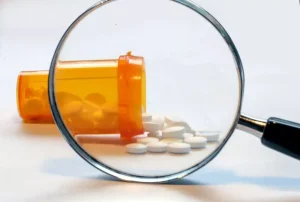
It’s an act of vulnerability that can lead to profound connections with others who have faced similar struggles. Financial issues often arise as well, with money being spent on alcohol at the expense of essential needs and responsibilities. Unmanageability means you don’t have the self-will or the tools to take control of the triggers around you. At this point, it is time for intervention and professional help if you want to regain control of your life.
- Marginalized communities often experience systemic inequities due to discrimination based on factors such as race, gender, and socioeconomic status.
- These imbalances can manifest in organizational settings and within broader societal structures, impacting individuals and groups in various ways.
How to Navigate Relationships After Treatment
The impact of drugs and alcohol on your examples of powerlessness over alcohol body over time renders your natural brain functions and mechanisms powerless. To acknowledge the way these substances have impacted your life is to admit that alcohol and drugs have made your life unmanageable and you can’t fix it on your own. It’s no accident that 12 Step programs teach both powerlessness and complete abstinence. Only by realizing the futility of drinking and drugging, where disaster was forever certain to occur, did we pick up and move to higher ground, abstinence. We live with hope and purpose, and feel the deepest gratitude.
What’s the Difference Between Powerlessness and Unmanageability?

Sustainable recovery is possible and the best version of youself awaits at our Atlanta and Savannah, Georgia addiction recovery center. We’ll help you learn that the opposite of addiction is connection. We’ll give you skills to discover your self-worth and show you the tools for a life of hope and promise. The sense of being powerless can manifest in various situations, affecting personal, social, and economic dimensions of a person’s life.
- There is very little variation on a successful medication regimen., but when it comes to alcohol, you never know how you’ll react if you’re using it to self-medicate.
- That’s exactly the course of action we who have recovered from substance abuse took once we finally admitted that we are powerless over alcohol and drugs.
- It is only after a great deal of suffering that an addict can finally reach the point of getting to step one.
- Common issues include limited access to basic services, barriers to economic opportunities, and obstacles in career growth and professional development.
How to Build Emotional Resilience in Recovery

The only way to break that vicious cycle is by getting honest about your relationship with alcohol. It’s about admitting that alcohol controls you, and not the other way around. The only way to heal an illness is to admit that it is a disease, which is exactly what you do when you embrace Step 1 of AA and admit that you’re powerless over alcohol. This could mean God, a general belief system or the recovery community itself. Support groups, therapy, and educational resources can play a significant role in empowering individuals. They help build resilience and encourage active participation in one’s recovery process.

The concept of powerlessness can seem quite foreign, especially to those from countries like America whose culture idolizes independence and raising one’s self by their bootstraps. But powerlessness is not the same thing as weakness; it isn’t something to be feared https://ecosoberhouse.com/ or despised. It also is not a lack of agency that implies we are helpless when it comes to choosing between right and wrong. According to Twelve Steps and Twelve Traditions (1981), “Few indeed were those who, so assailed, had ever won through in singlehanded combat.

- Ashamed to admit failure, we began hiding our use from the same people who tried to help us, and then we pushed them away.
- The more you know about your treatment, the more control you will feel over your life.
- Unveil the far-reaching consequences of drug abuse, from health effects to social and legal implications.
- Step One in the 12 step program of AA (which is also used, in modified form, for almost all other 12-step fellowships and programs) is actually a two-part step.
- It helps foster accountability and is a profound place of support.
- Remember, the 1st step AA is not the end but the beginning of a brighter future.
- This concept highlights the overwhelming compulsion to drink despite the negative consequences it brings, such as health issues, damaged relationships, and financial problems.
Learn why you should talk to kids about prescription drug abuse alcoholism and how to engage them effectively. Demystify the acronym HALT for better emotional well-being and effective self-care strategies. Explore the lesser-known consequence of drug abuse and limb loss, its causes, and recovery options. Discover the disease concept of addiction, its implications on treatment, and criticisms it faces. Explore the problems getting insurance coverage for drug rehab and learn how to navigate the system effectively. Explore if coffee is a drug, from caffeine’s stimulant properties to withdrawal symptoms and health impacts.



Deixe um comentário